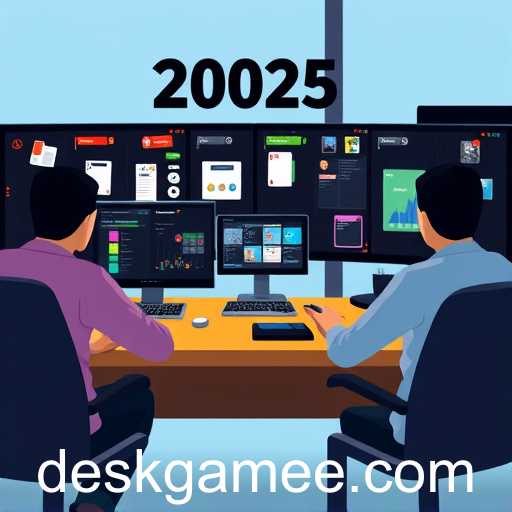In today's digital age, the concept of 'desk games' has taken on a new dimension. From simple card games to complex interactive simulations, the integration of desk games into online platforms has revolutionized the gaming industry. With the current year being 2025, this evolution highlights a trend that has been significantly influenced by technological advancements and changing workplace dynamics.
Initially, desk games were simple distractions meant to offer employees short breaks from their work. However, as remote work has become more prevalent, these games have grown in sophistication and diversity. They now serve not just as pastime activities, but as tools for team building and stress relief. Companies are incorporating these games into their virtual workspaces to foster a sense of connection and camaraderie among employees who are physically apart.
Moreover, the accessibility and convenience offered by desk games have made them a staple in the everyday lives of digital natives. As more sophisticated games are developed, their ability to engage users at a deeper level has increased, leading to a surge in popularity across various age groups.
The dynamics of workplace culture have shifted significantly. With desk games becoming an integral part of office life, they play a crucial role in enhancing productivity and job satisfaction. Employers are increasingly recognizing the benefits of integrating such interactive experiences to maintain an engaged workforce.
In conclusion, the rise of desk games in the digital domain is a testament to the changing times. As technology continues to advance, these games will likely evolve further, offering even more immersive and engaging experiences. They signify not only a changing gaming landscape but also a transformation in how we perceive and interact with technology in our daily lives.








